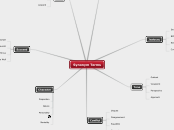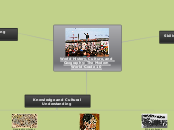によって Jorje Dominguez 9年前.
341
Social Science Curriculum
The text delves into various historical and geographical themes, focusing on the critical events and influences of major wars, including the Great War and World War II. It underscores the importance of understanding the geopolitical landscape, the strategic decisions made during the wars, and the significant turning points that shaped global history.









